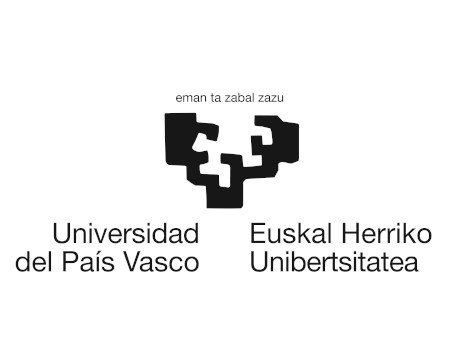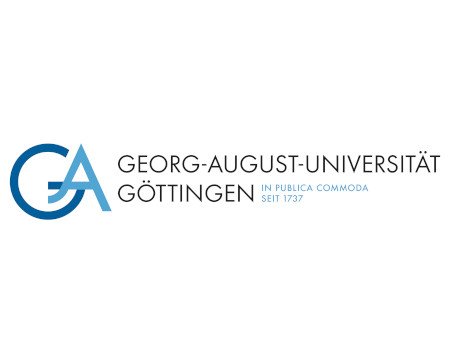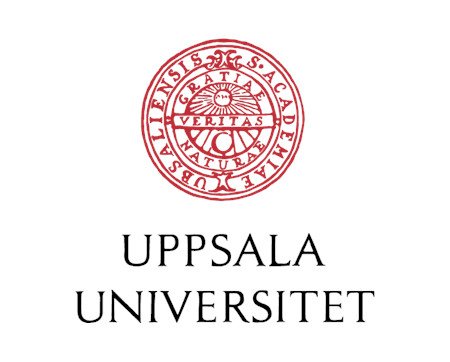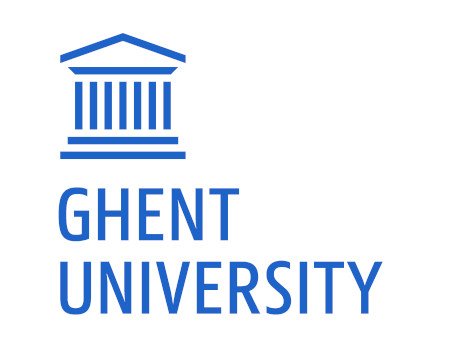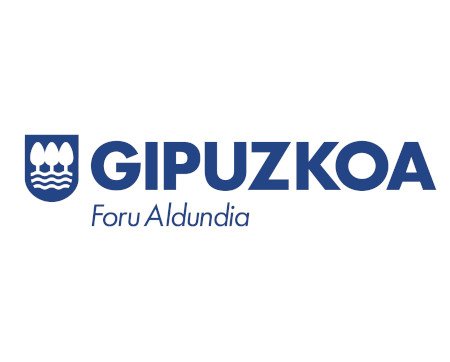
Artificial Intelligence and Law: Technical and legal challenges
Description
AI systems are being developed at an increasing pace and are already present in virtually every aspect of our lives. There is a consensus that, due to their potential impact, such systems must be carefully regulated. Europe has taken the lead, recently passing the AI Act, the first regulation concerning AI systems in the world.
This opens a new scenario where AI and law professionals will have to work together at the different steps of the life cycle of AI systems, from their conception and development to the resolution of any potential problem derived from their use. The first step for a proper collaboration is good communication and understanding, and that requires both kinds of profiles being able to understand the basic ideas behind the others' work.
This workshop aims at taking a step in that direction, offering a comprehensive overview of AI and its development in a regulated scenario. Moreover, it will be a first experience where both kinds of professionals will have the opportunity to engage in a joint discussion.
Objectives
Dissemination of the current and future technical and leagal challenges in the regulation of Artificial Intelligence systems.
Promotion of the interdisciplinary discussion of the implications of a regulated framework in the development of Artificial Intelligence systems
Activity directed to
- University student
- Teachers
- Professionals
Methodology
The program of this workshop will have both lectures (concentrated in one single day) and practical work. There will be two kinds of participation, full workshop or only lectures. There will be no limit to the number of participants attending the lectures, but for the full workshop participation the places will be limited to 30, 15 with a technical profile and 15 with a legal profile.
In the practical work, the participants will have to work in groups (that combine both types of profiles) in a real-life case. At the workshop's end, the groups will present their conclusions and discuss the results. This discussion will be open to all the participants, including those only attending the lectures.
Directors

Usue Mori Carrascal
Euskal Herriko Unibertsitatea
Usue Mori obtained a Bachelors degree in Mathematics and a PhD in Computer Engineering from the University of Basque Country UPV/EHU in 2010 and 2015 respectively. She completed a master's degree in Applied Mathematics, Statistics and Computing and a master's degree in Computer Engineering and Intelligent Systems in 2011 and 2013, respectively. Currently, she is an associate professor in the Department of Computer Science and Artificial Intelligence at the University of the Basque Country UPV/EHU and teaches various subjects in the field of mathematics, statistics and machine learning. As research merits, it should be noted that she has participated in more than 20 projects of regional, state and European calls, being IP in four of these projects. She has published 18 articles in JCR journals, 12 of them located in the first quartile and she also has 4 contributions in national and international conferences. She has also participated in 6 R&D contracts with companies of the private industrial and public sector, being IP the most recent. In addition, she has co-directed two doctoral theses and today she co-directs 3 doctoral theses with other researchers.
Borja Calvo es Licenciado en Bioquímica y doctor en Ingeniería Informática por la Universidad del País Vasco. Durante su tesis doctoral trabajó en el uso de métodos de Inteligencia Artificial en el campo de la Biomedicina. En 2011 pasó a formar parte como profesor del Departamento de Ciencias de la Computación e Inteligencia Artificial donde compagina su investigación en el campo del Machine Learning con la docencia y, actualmente, la coordinación del Master en Ingeniería Computacional y Sistemas Inteligentes de la Facultad de Informática y Vicedecano de Relaciones Externas e Investigación de la Facultad de Informática de Donostia / San Sebastián
Speakers

Itziar Alkorta Idiakez
UPV/EHU
She holds a PhD in Law and is a lecturer in Civil Law at the UPV/EHU. Her main line of research is bioethics, a subject on which she has published several monographs and scientific and dissemination articles. She has participated in 4 European research projects of the VI and VII European Framework Programme, as well as in multiple research projects of the National Programme. She has been a visiting professor at the Hastings Center for Bioethics in New York, the Center for Bioethics at the University of Philadelphia and the University of Bordeaux. She was Secretary General of Eusko Ikaskuntza, and later of Jakiunde, Academy of Sciences, Arts and Letters. Vice-rector of quality and teaching innovation at the UPV/EHU between 2008 and 2012, and responsible for the development of the educational model, as well as quality programmes, and training and evaluation of university teaching staff. Between 2013 and 2015, she was Deputy Minister of Universities and Research of the Basque Government.

Ainhize Barrainkua Aguirre
Basque Center for Applied Mathematics, PhD student
Ainhize Barrainkua obtained her Bachelor's degrees in Physics and Electronic Engineering from the University of the Basque Country UPV/EHU in 2020. She received her Master's degree in Computer Engineering and Artificial Intelligence in 2021 at the same university. Since late 2021, she is a Ph.D. student at the Basque Center for Applied Mathematics (BCAM) under the supervision of Prof. Jose A. Lozano and Dr. Novi Quadrianto. Her ongoing research primarily revolves around integrating and modeling uncertainty within methodologies from the field of algorithmic fairness.
Borja Calvo es Licenciado en Bioquímica y doctor en Ingeniería Informática por la Universidad del País Vasco. Durante su tesis doctoral trabajó en el uso de métodos de Inteligencia Artificial en el campo de la Biomedicina. En 2011 pasó a formar parte como profesor del Departamento de Ciencias de la Computación e Inteligencia Artificial donde compagina su investigación en el campo del Machine Learning con la docencia y, actualmente, la coordinación del Master en Ingeniería Computacional y Sistemas Inteligentes de la Facultad de Informática y Vicedecano de Relaciones Externas e Investigación de la Facultad de Informática de Donostia / San Sebastián

Andreas Kotsios
Andreas Kotsios is an associate professor of commercial law at the Department of Business Studies in Uppsala, Sweden and a researcher in the Division of Media Technology and Interaction Design at the Royal Institute of Technology (KTH) in Stockholm. His current research focuses on AI regulation and more specifically on the trustworthiness of AI in medical treatment and data governance for the use of AI in the creative industries.

Eva Lievens
Eva Lievens is an Associate Professor at the Faculty of Law and Criminology of Ghent University, where she leads the research group Law & Technology.A recurrent focus in her research relates to the legal impact of the design and deployment of technology in today’s society, human and children’s rights in the digital environment, and the use of alternative regulatory instruments, such as self- and co-regulation to regulate tech phenomena (e.g. Artificial Intelligence). At Ghent University, Eva teaches ‘Law & Technology’, ‘European Law & ICT’, ‘European Media Law’, ‘Cybercrime, Technology & Surveillance’, and ‘Data Protection Law’. She is the associate editor for the International Encyclopaedia of Laws - Media Law (edited by Prof. Peggy Valcke), and a member of the Editorial Board of the IT & Law Series (T.M.C. Asser Press) and Computer Law & Security Review (WoS).

Usue Mori Carrascal
Euskal Herriko Unibertsitatea
Usue Mori obtained a Bachelors degree in Mathematics and a PhD in Computer Engineering from the University of Basque Country UPV/EHU in 2010 and 2015 respectively. She completed a master's degree in Applied Mathematics, Statistics and Computing and a master's degree in Computer Engineering and Intelligent Systems in 2011 and 2013, respectively. Currently, she is an associate professor in the Department of Computer Science and Artificial Intelligence at the University of the Basque Country UPV/EHU and teaches various subjects in the field of mathematics, statistics and machine learning. As research merits, it should be noted that she has participated in more than 20 projects of regional, state and European calls, being IP in four of these projects. She has published 18 articles in JCR journals, 12 of them located in the first quartile and she also has 4 contributions in national and international conferences. She has also participated in 6 R&D contracts with companies of the private industrial and public sector, being IP the most recent. In addition, she has co-directed two doctoral theses and today she co-directs 3 doctoral theses with other researchers.

Zully Ritter
Dr. Ritter is a scientific staff at the medical informatics department of the University Medical Center Göttingen. She is an expert in biomechanics modeling and simulation of biological processes and diseases from several clinical and preclinical trials. Her research focuses on understanding and simulating processes in extreme environments and space medicine. In muscle and bone research, she has lectured on biomechanics and 3D reconstruction at the periodic congress with a workshop, “Bone and muscles - New Worlds,” certified by the Berlin Medical Association and AMGEN. She has participated in several bed rest studies from ESA - NASA – DLR - Charité Consortium to investigate contra measures a. o. to avoid loss of bone mass. She has worked with industrial partners like Novartis, Amgen, and anwerina. With anwerina, she has invented a medical product with patents in DE, USA, and Asia. Co- and Tutor of Doctoral Thesis at Charité. In the last few years, she has been developing explainable machine learning models using patient data from electronic health records in order to predict the most frequent diagnoses in emergency departments. Such models have been tested in different clinical environments.

Griet Verhennema
Prof. Dr. Griet Verhenneman is a legal expert in the fields of privacy, data protection, and eHealth. she combines expert theoretical knowledge based on years of academic work with practical experience gained as a Data Protection Officer (DPO). Griet V.is affiliated with the Institute for International Research on Criminal Policy (ICRP) at the Faculty of Law and Criminology, Ghent University, as a full-time lecturer. In her research, teaching, and service, she focuses on legal and ethical questions surrounding privacy, data protection, and AI. Core themes in her work include the protection of sensitive personal data, including health data. She is a core member of the steering committee of Metamedica (a platform for interdisciplinary academic research and integrated education) and i4S (Smart Solutions for Secure Societies). Additionally, Griet Verhenneman works as an external expert at the Authorisation and Advice service of the Belgian Data Protection Authority. Before joining Ghent University, Professor Verhenneman was affiliated with KU Leuven where she worked as a legal researcher and obtained her PhD. As a Data Protection Officer, she worked at the University Hospital Leuven and the University Psychiatric Centre KU Leuven.
Registration fees
| Registration | Until 07-10-2024 |
|---|---|
| 50,00 EUR | |
| 25,00 EUR |
Venue
Facultad de Informática UPV/EHU and Carlos Santamaría
Paseo Manuel de Lardizabal, 1, 20018 Donostia / San Sebastián | Plaza Elhuyar, 2, 20018 Donostia / San Sebastián
Gipuzkoa
Facultad de Informática UPV/EHU and Carlos Santamaría
Paseo Manuel de Lardizabal, 1, 20018 Donostia / San Sebastián | Plaza Elhuyar, 2, 20018 Donostia / San Sebastián
Gipuzkoa
